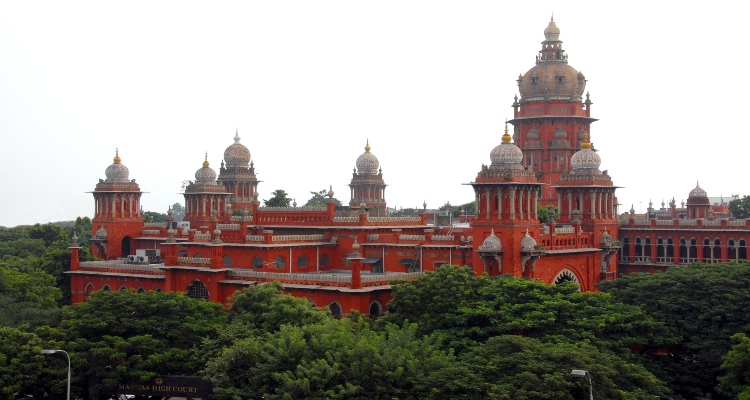
The Madras High Court has issued notices to the National Medical Council and the Tamil Nadu govt following a PIL alleging unethical practices at 2 transgender clinics in the state.
The petition also claims violations of the World Professional Association for Transgender Health (WPATH) guidelines.
The bench comprising Justices SS Sundar and P Dhanabal directed the NMC and the Tamil Nadu Health and Family Welfare Department to file their responses within 4 weeks.
The PIL was filed by a transgender individual who alleged that staff at the exclusive transgender clinics frequently breach the WPATH Standards of Care, as mandated under the Transgender Persons (Protection of Rights) Act, 2019. These standards are critical for ensuring safe and respectful medical care for transgender individuals seeking gender affirmation surgeries.
Tamil Nadu had set a progressive milestone in 2022 by establishing two exclusive transgender clinics at the Rajiv Gandhi Government General Hospital in Chennai and Government Rajaji Hospital in Madurai. These clinics provide counseling, as well as access to obstetricians and surgeons, on designated days.
However, the petitioner alleged that many transgender persons visiting these clinics have reported unethical behavior by the staff, including being forced to strip and subjected to the banned two-finger test. These practices not only violate medical ethics but also undermine the dignity and rights of the transgender community.
The PIL seeks the court’s intervention to put an end to such objectionable and medically unnecessary practices. The petitioner urged the Court to direct the two hospitals to adhere strictly to ethical medical standards and eliminate these practices.
Additionally, the plea requests the formulation of a standardized protocol for medical institutions across the country to follow while performing gender affirmation surgeries. The petitioner argued that the absence of technical and operational guidelines for such procedures undermines the intent of Section 15(e) of the Transgender Persons Act, which aims to safeguard the rights and well-being of transgender individuals.
The case has brought attention to the need for robust implementation of laws and guidelines to protect transgender individuals from discrimination and ensure respectful, evidence-based medical care.
The Court’s decision in this matter is expected to have significant implications for transgender healthcare in Tamil Nadu and beyond.




